Contents
Download
Latest program (Password is distributed only to participants. updated on 23rd Nov.)
Latest schedule (updated on 24th Nov. Please be careful that the USA time on the schedule was not correct in the older version)
About presentations
- Plenary
- Presentation: 35 min.
- Q&A: 5 min.
- Invited
- Presentation: 20 min.
- Q&A: 5 min.
- Oral
- Presentation: 10 min.
- Q&A: 4 min.
- Poster*
- Short presentation: 3 min.
- Poster session (breakout room): 30-60 min.
*For poster presenters.
A poster presenter will have a quick 3 min. talk. Then, deeper discussions will be conducted in individual breakout rooms. Please prepare a) short presentation slides and b) poster session slides.
Q&A
Q: I would like to know if there are rules about the size or number of figures in the poster?
A: There are no restrictions about your poster. You can freely design your slides for four short presentation (3 min) and discussion (30-60 min at your breakout room).
Q: Should I send my slide data and prerecord movie for my poster presentation? (updated on 20th Nov.)
A: No, you don’t have to send us those data. For poster presentation, show your slides via the screen sharing mode of Zoom, and explain them in a similar way to normal oral talks.
Plenary Speakers
David Mecerreyes (Polymat, University of the Basque Country UPV/EHU, Spain)

“Innovative Ion Conducting and Redox Polymer Nanoparticles for Organic Batteries”
Jun Chen (Nankai University, China)
Philippe Poizot (University of Nantes, France)

“Organic electrode materials in Lithium Metal Polymer technology”
Ulrich S. Schubert (Friedrich Schiller University Jena, Germany)

“Polymer-based batteries: From thin film printable batteries to scalable, polymer-based redox-flow batteries”
Invited Speakers
Birgit Esser (University of Freiburg, Germany)

“Tuning the Performance of Phenothiazine-based Polymers as Positive Electrode Materials“
Daniel Brandell (Uppsala University, Sweden)

“Artificial intelligence driven in-silico discovery of novel organic lithium-ion battery cathodes”
Ho Seok Park (Sungkyunkwan University, Korea)

“Biopolymer- and Organosulfur-Based Energy Materials for Functional and Hybrid Supercapacitors”
Ji Eon Kwon (Korea Institute of Science and Technology, Korea)
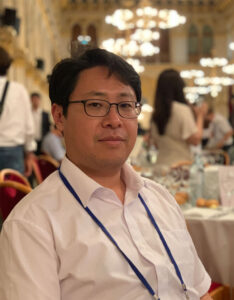
“Designing Organic Electrode Materials for High-rate and Ultra-stable Li-Organic Batteries”
Jodie Lutkenhaus (Texas A&M University, USA)
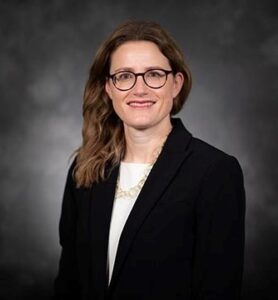
“Mixed ion and electron transfer in organic radical polymers”
Masaru Yao (AIST, Japan)
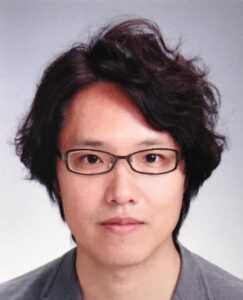
“Light Weight and High Energy Density Rechargeable Batteries
using Carbonyl-based Redox Reactions”
Martin Sjödin (Uppsala University, Sweden)
“Quinone-Based Conducting Redox Polymers as Active Materials for Secondary Batteries”
Matthieu Becuwe (University of Picardie, France)
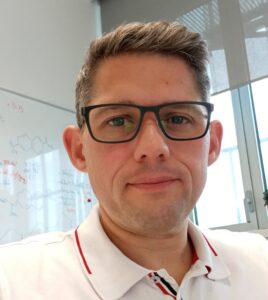
“Overcoming the solubility of molecular organic electrode materials for energy storage, an old story still under debate”
Rebeca Marcilla (IMDEA Energy Institute, Spain)

“Development of Redox-Active Conjugated Microporous Polymer for High Performing and Sustainable Batteries”
Shigeyuki Iwasa (Yamagata University, Japan)
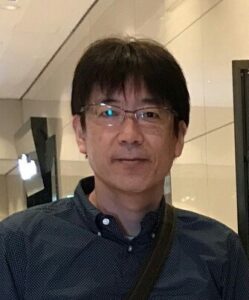
“Effect of charge transportation on high-rate discharge properties of organic radical batteries with PTMA gel cathode”
Yan Yao (University of Houston, USA)
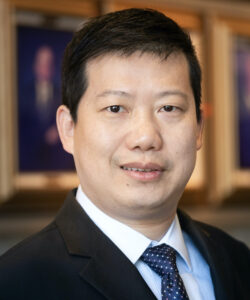
“Roadmap of solid-state lithium-organic batteries towards 500 Wh/kg”
Yukari Sato (AIST, Japan)

“Recent Studies on New Electrolytes for Redox Flow Batteries”